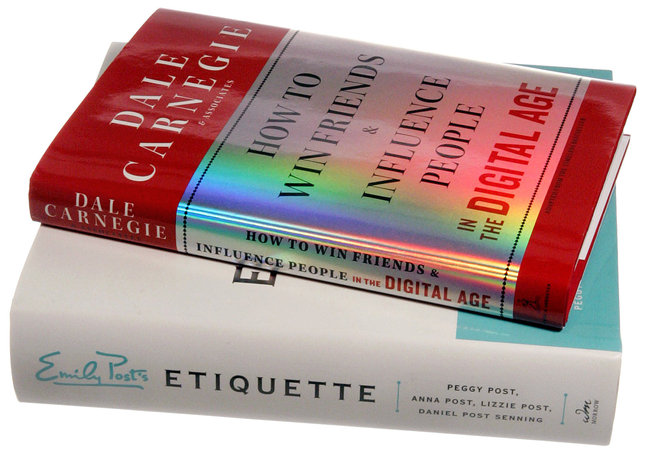Geoffrey Pullum aggressively defends the passive voice:
More generally, do the writing tutors of the world really think we should not report that a politician has been shot until we can specify the gunman? Do they honestly think it’s wrong to say that the lights are left on all night in an office building without supplying a list of the individuals who controlled the switches? We really have to get over this superstitious horror about passives. It’s gone beyond a joke.
Mistakes Are Made (but Using the Passive Isn’t One of Them)
Update I: Pullum returns to the PV: “People keep going on about the passive voice and revealing that they don’t really know much about what it is.”
Update II: WaPo editor Bill Walsh gives passive-voice haters a homework assignment:
If you’re one of the haters, or a particularly enthusiastic cheerleader for the active voice, your assignment is to win me over to your side, without mentioning “Mistakes were made.” Give me real-world examples of the passive voice just ruining everything, and keep your argument free of passivity.
And sure enough, someone comes back with this non-example:
I’m not anti passive voice, but I changed this one yesterday: Sharing their experiences and wisdom about what to do to prevent sexual harassment were panelists Rosalind Wiseman, educator and author of Queens Bees and Wannabes, and numerous other books and articles on children, teens, parenting, and bullying; Kedrick Griffin, senior director of programs at Men Can Stop Rape; and Ileana Jiménez, educator at the Little Red School House and Elisabeth Irwin High School in New York.
Walsh responds:
That isn’t passive, though, is it? Passive would be “Experiences and wisdom were shared by …”
Whatever it is (subject-verb order reversal?), I like it in that instance, because otherwise you have to wade through nine minutes of reading subjects to get to the verb.
Then Walsh completes his own assignment:
I cannot tell a lie: I found a real, live example yesterday.
The radio news guy told me about Republicans who say “the pullout from iraq has been poorly handled by the administration.”
Ugh. There’s a passive I’ll pass on.


